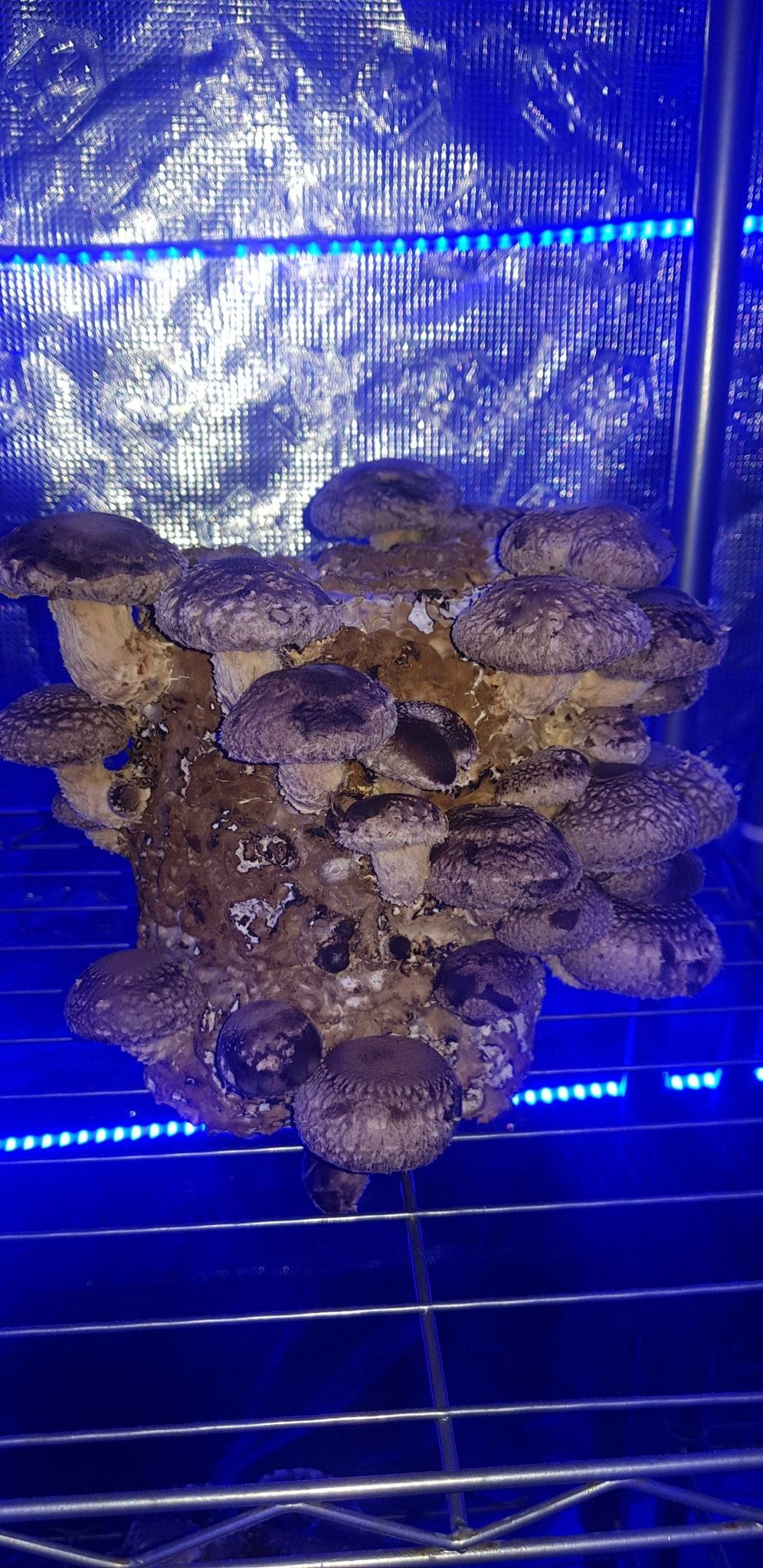
...can be grown without soil
Soilless Controlled Environment Agriculture, hydroponics and aeroponics, is expanding its reach beyond the herbs and salad crops it has become synonymous with. Mark Horler, founder of UKUAT, looks at the future – and present – potential of growing without soil.
That it is possible to grow plants without soil is increasingly well known. Usually this is done utilising Controlled Environment Agriculture (CEA). Most people, when they think of this sort of growing tend to think of leafy greens like lettuce, or perhaps gigantic greenhouses full of tomatoes. Indeed, these are among the most common crops grown this way, although there are many others too.
The truth is that you can, in principle, grow pretty much any plant you can think of in soilless CEA. Given the presence of adequate light, temperature, nutrients and support, you could grow whatever you like! Here are a few things that you may not realise are already being grown without soil:
1 Hydroponic Strawberries
Expect to see and hear much more about hydroponic strawberries (and other soft fruits) in the near future. These are about to go big! For example, they offer the UK the opportunity to produce its own berries year-round. You can grow them in greenhouses, and even in vertical farms with LED lights and indoor bees!
2 Aeroponic Potatoes
Seedling potatoes to be more specific. The International Potato Centre, based in Peru, has done a lot of research on the viability of growing seed-potatoes using aeroponics. As this article notes: “While more expensive to set up, the long term economic benefits of aeroponic systems are pronounced, especially as the average plant produces upwards of ten times as many tubers as the plants grown using the conventional method,”
3 Hydroponic Soy Beans
It may surprise you to learn that Soy was hydroponically grown on the international space station… more than 15 years ago! NASA’s research aims to make it possible to have a manned mission to Mars: to do that the astronauts will need to be able to grow their own food. If we can manage to do it up there, then we can be sure it is possible to do it down here on terra firma.
4 CEA mushrooms
In an exciting development for the emerging circular economy, it was discovered some time ago that mushrooms could be grown on waste coffee grounds. This has now become a rapidly expanding business model, with companies collecting grounds that would otherwise go to waste from coffee shops and putting them to good use. Others use different substrates in which to grow, but the end result is the same: more local mushrooms for everyone!
5 Hydroponic trees
This one might seem a little outlandish, since trees are basically already nature’s hydroponic vertical farms. But I have personally had any number of people ask me about the potential for hydroponics and vertical farming for trees. In particular, I have had numerous enquiries about using CEA vertical farming to grow young trees, before planting out into a much larger greenhouse, or even open field. In one such encounter that has stuck with me, I was approached at an event for exactly this reason, to vertically grow lime trees in New Zealand.
So, as I said back at the beginning of this little piece, there’s really no limit to what you can grow. What remains to be seen is which crops can be grown viably for which purposes. But then, that’s what makes CEA so exciting right now – the possibilities are endless!
CHAP’s CEA solution has a range of capabilities, all working to expand the boundaries of what can be grown in controlled environments, with a focus on commercial viability. For more information, go to Advanced Glasshouse, IHCEA, NLG Centre, and Vertical Farming Development Centre. Or email us at enquiries@chap-solutions.co.uk
UK Urban AgriTech (UKUAT) was founded to bring together the leading companies, institutions and individuals working on this in the UK. Our mission is to mobilise the UK industry towards these goals, to amplify our collective voice to gain recognition, and to support and generate collaborative projects that will drive further development and advancement of our industry. For more information go to UKUAT










